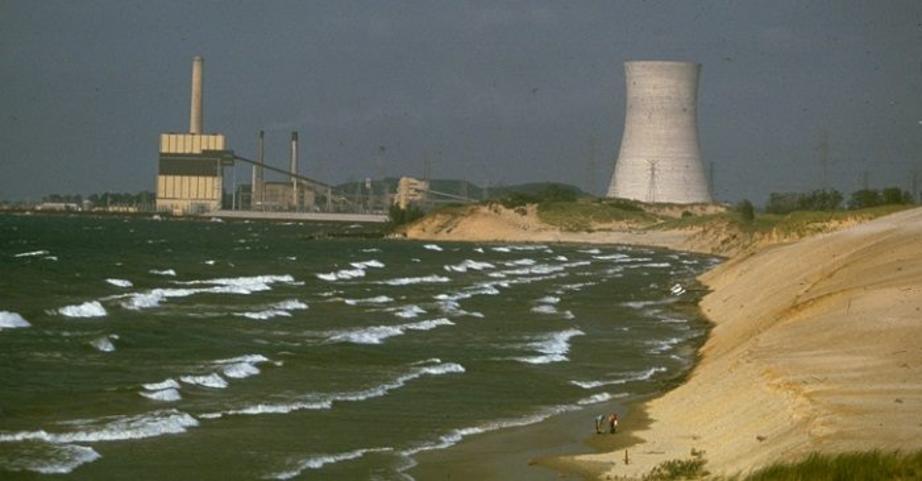Cancer-causing chemical spill 100 yards from Lake Michigan closes beaches

Multiple Indiana beaches have been shut down following a spill of wastewater containing hexavalent chromium, a highly toxic chemical linked to cancer. The United States Steel company reported the leak occurred on Tuesday due to equipment failure at its Portage, Indiana, plant, a lapse that “resulted in a chemical leak into the waterway that forced the shutdown of a drinking water intake along Lake Michigan and several nearby beaches,” the Northwest Indiana Times explained.
Local outlet The Indy Channel also documented the circumstances, acknowledging the release of hexavalent chromium into the water:
“The USS Midwest Plant reported that they had a spill into the Burns Waterway Tuesday afternoon. The Environmental Protection Agency says the spill contained hexavalent chromium from the US Steel facility in Portage, Indiana.”
U.S. News reported that U.S. Steel said the leak was a result of a malfunctioning pipe, asserting “an expansion joint failed Tuesday in a pipe at its Portage, Indiana, facility, allowing wastewater from an electroplating treatment process that contains hexavalent chromium to flow into the wrong wastewater treatment plant at the complex.”
The spill has led to the National Park Service’s closure of “West Beach and Portage Lakefront and Riverwalk at Indiana Dunes National Lakeshore and Ogden Dunes’ town beach.” On Wednesday, the service also shut down Cowles Bog Beach.
According to U.S. News, in addition to causing beach closures, Tuesday’s spill “prompted a local water utility to stop drawing water from the lake out of ‘an abundance of caution,’ the U.S. Environmental Protection Agency said.”
The EPA is leading an investigation into the wastewater spill into the waterway, which the agency says is just 100 yards away from Lake Michigan.
Hexavalent chromium carries several health risks. The Occupation Safety and Health Administration warns of the risk of “lung cancer in workers who breathe airborne hexavalent chromium, irritation or damage to the nose, throat, and lung (respiratory tract) if hexavalent chromium is breathed at high levels, [and] irritation or damage to the eyes and skin if hexavalent chromium contacts these organs in high concentrations.”
Skin contact with chromium can also cause dermatitis and skin ulcers, and the EPA cautions that ingesting it, particularly through drinking water, can also lead to dermatitis. It claims it is reviewing the results of a long-term 2008 study that “suggested that chromium-6 may be a human carcinogen if ingested.”
It is difficult to estimate the spill’s potential health hazards, especially because the amount of wastewater leaked through the broken pipe has not yet been disclosed.
U.S. Steel said it is working with authorities to ensure proper cleanup:
“Additional steps to mitigate the impact are being taken. These steps include the isolation and repair of the damaged pipe, recovery of material, and the addition of a water treatment compound, sodium trithiocarbonate (CNa2S3), to the wastewater treatment plant to convert and aid in the removal of hexavalent chromium.”
“We are gathering information right now. It is too early to tell if there is an impact on the town,” said Ogden Dunes Town Council President Tim Nelson. Save the Dunes, a conservancy organization, warned that “people and pets should avoid direct contact with Lake Michigan.”
In shutting down the beaches, the National Park Service warned that residents “should avoid contact with the water of Lake Michigan or Burns Waterway in the West Beach and Portage Lakefront areas until further notice.”

